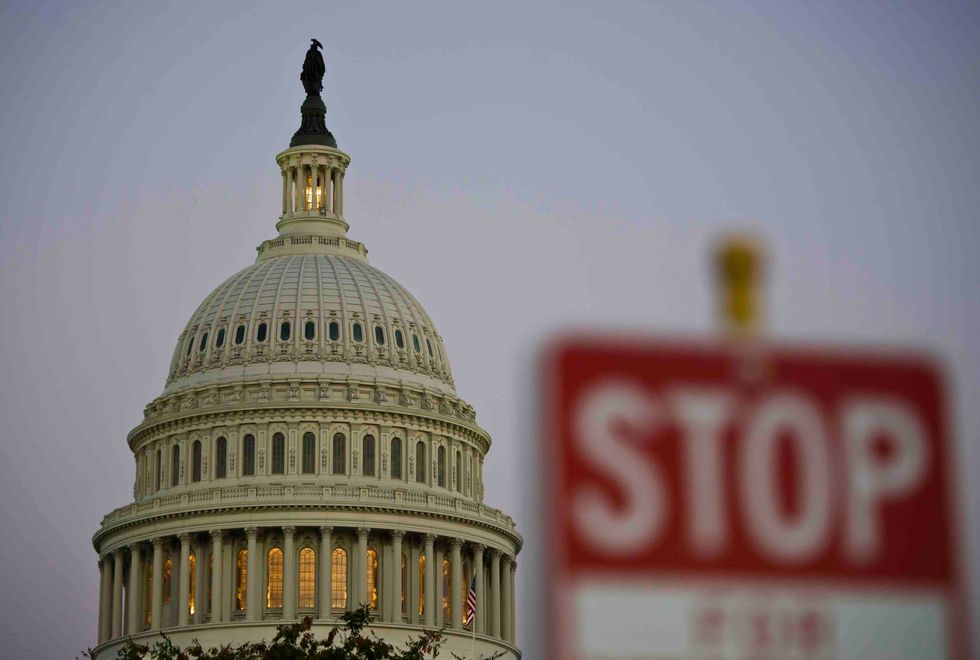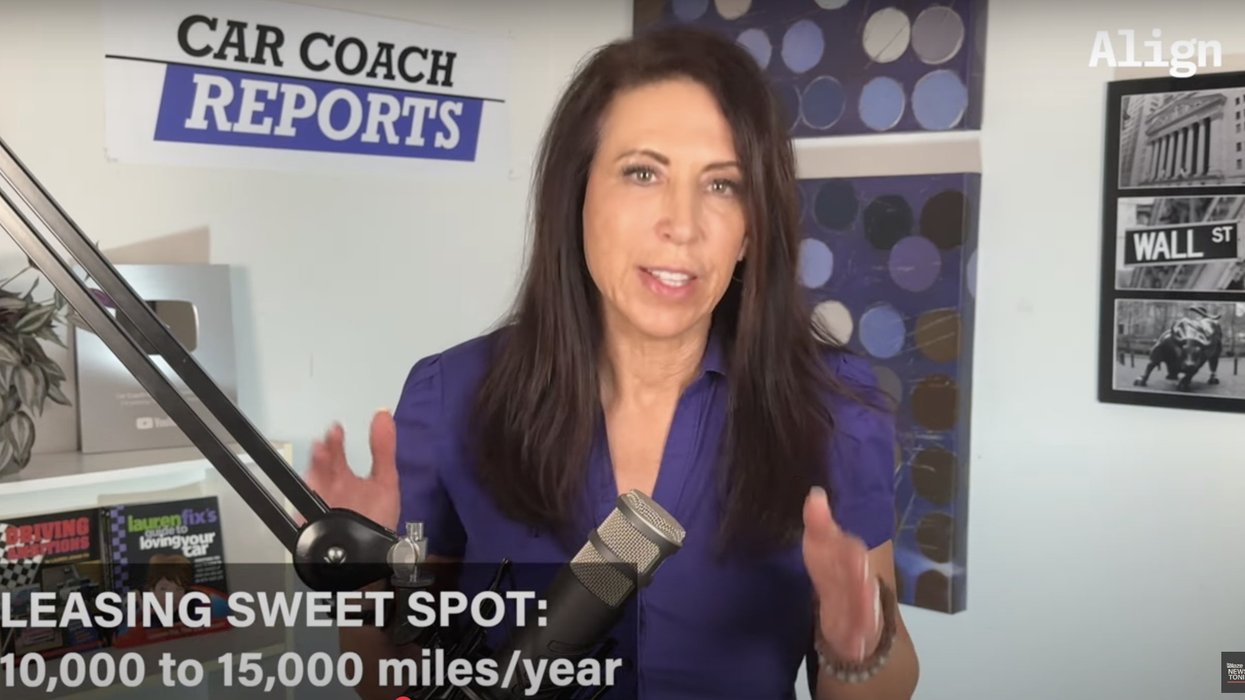Congress and the White House are currently negotiating a potential deal to keep the government funded, but in recent weeks, talks have not gone well — largely because of disputes centering on border security and other immigration reforms — leaving open the possibility of a future government “shutdown.”
Although shutdowns are serious matters, they aren’t nearly as problematic as many politicians and pundits suggest, and in this case, a shutdown could be the best-case scenario for America’s future.
The truth about ‘shutdowns’
As soon as the 2016 election ended and it became clear President Donald Trump and the Republicans would have control over the White House and both houses of Congress, the current border security showdown became inevitable. Republicans have been promising to build a border wall for decades, and they finally managed to win enough elections to make real border security possible.
Predictably, Democrats, who have been not-so-secretly working to keep illegal immigration alive and well, are now doing everything they can to maintain America’s broken immigration system. Their strategy of choice? The dreaded “government shutdown.”
If all you know about government shutdowns comes from the mainstream media and establishment politicians, I forgive you for thinking the end of the world is just around the corner. When many Americans think of a “shutdown,” they imagine something akin to a post-apocalyptic "Mad Max" scenario in which roving gangs of blood-thirsty murderers plunder and pillage communities across the United States while the poor starve to death, essential services close and millions of people suffer.
Nothing could be further from the truth.
Government “shutdowns” are benign events that temporarily affect an extremely small number of people. The Committee for a Responsible Federal Budget reports there have been 18 government shutdowns since 1976, and in virtually all of those cases, the impact caused by the temporary closings was so small that most people wouldn’t have even known the shutdown had occurred had it not been for dire reports from the media. In fact, CRFB claims half the shutdowns occurred over a single weekend.
In an interview with FoxNews.com, Marc Goldwein, senior policy director at CRFB, explained that during a government shutdown, only “nonessential” federal employees stay home, not local or state employees. Fox News further noted an Office of Management and Budget report about the 2013 shutdown found just 850,000 federal employees were furloughed each day while the government was “closed.” There are about 2 million federal workers and roughly 20 million more state and local government workers.
As Fox News notes, “The president, presidential appointees and members of Congress are exempt [from a shutdown]. The Postal Service, the TSA and Air Traffic Control will also continue business as usual.”
Additionally, many important programs such as Social Security and food stamps continue during a shutdown, begging the question, what actually shuts down during a government shutdown?
Perhaps the most notable, widely reported government closures are the national parks, some museums, and other similar government services. Of course, generally speaking, these kinds of operations are inexpensive and aren’t vital for ensuring the federal government continue to maintain its core functions.
That doesn’t mean shutdowns are harmless, however. There are a number of people who are negatively affected. For instance, some veterans may experience delays to receive benefits. Furloughed government workers and their families could have to wait a little longer to receive a paycheck. Some businesses that have contractual agreements with the federal government may not see their payments on time.
Thankfully, government shutdowns almost never last more than a few days, and it’s extremely unlikely in the current political climate one would linger for more than a few weeks. And when shutdowns end, federal employees and others who are owed money by the government end up getting their pay.
It’s important not to trivialize the inconveniences caused by shutdowns, but it’s equally important to remember that shutdowns never result in the sort of doomsday scenarios Americans so often hear about. And it’s even more vital to keep in mind what’s at stake in the present controversy: the sovereignty of the United States and the protection of American citizens.
No borders, no country
Without borders, the foundational concept of a “country” essentially ceases to exist, along with any notion of the “rule of law.” Further, it’s interesting that Democrats, who at times appear to be completely obsessed with the idea of “fairness,” have long embraced a position on immigration that is fundamentally unfair to all those people who come to America legally.
And let’s not forget the tremendous amount of drugs and crime that originate in Central America and South America and make their way across our porous borders every year, as well as the possibility of terrorism.
There’s no compelling reason any of this should be allowed, and yet, our government has continued to permit border chaos for decades for political and economic reasons.
A historic opportunity
The time to build a border wall has come, but the window of opportunity is rapidly closing. If the available polling is accurate — and who knows if it is — Republicans could face significant election losses in 2018 and 2020, and Democrats have shown absolutely no interest in halting the open-border policies that have helped them win past elections and are a vital part of their election strategy for the future.
If Congress doesn’t act now, we may never see real border security. Isn’t that a concern that merits doing whatever it takes to get the job done now, even if it means a government “shutdown"?
If the government temporarily shuts down, I, as well as millions of other Americans, will be incredibly happy — not because we don’t care about the relatively small problems a shutdown causes, but because a shutdown will mean Republicans are doing whatever is necessary to protect American lives, liberty and property.



